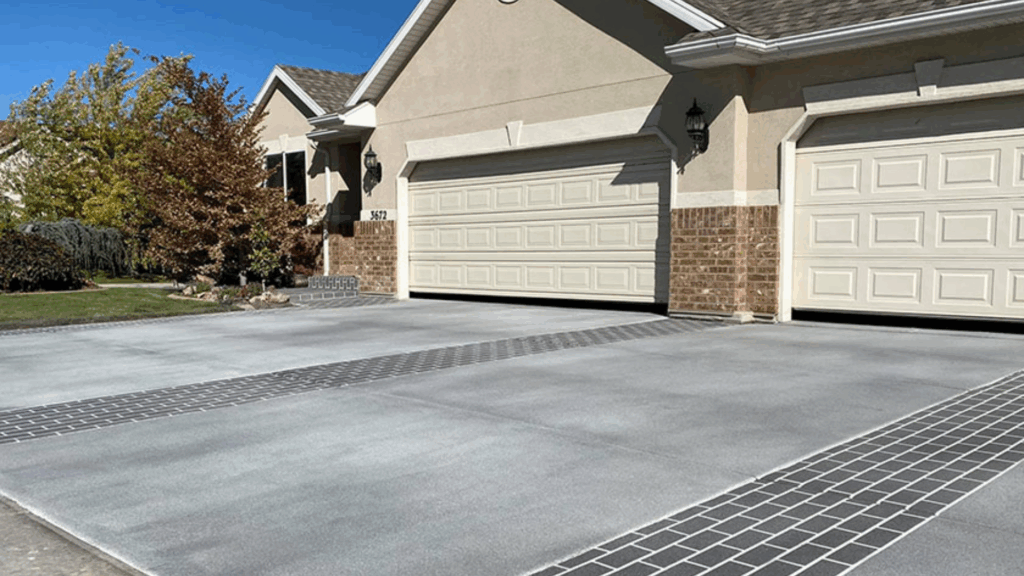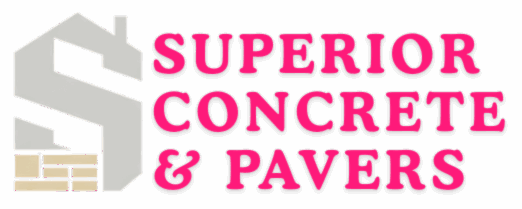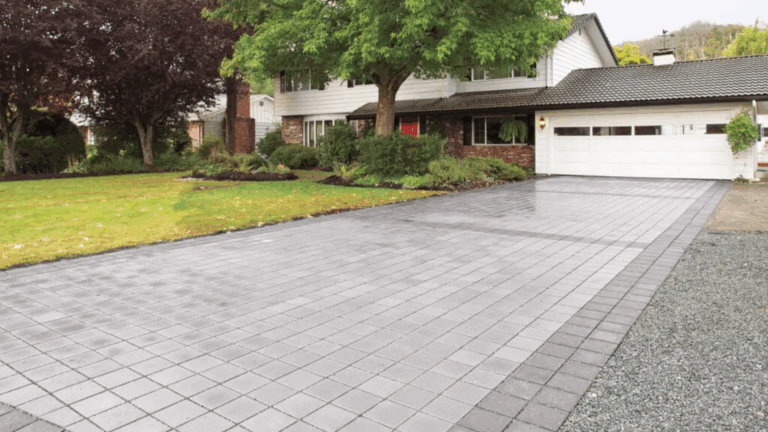How Much Does It Cost to Install a Concrete Driveway in 2026?
Concrete driveways continue to be one of the most popular choices among homeowners in 2026 and for good reason. They’re durable, versatile, and add lasting curb appeal to any property. But before starting your project, one critical question always arises: how much does a concrete driveway cost in 2026?
The cost of a concrete driveway depends on multiple factors such as driveway size, design, finish type, site conditions, and regional labor rates. Whether you’re installing a new driveway, replacing an existing one, or exploring decorative finishes, understanding the full breakdown of concrete driveway prices helps you plan your budget more accurately.
Let’s take a detailed look at the average concrete driveway cost, the factors that influence pricing, and tips to get the best value for your investment this year.
Average Cost of a Concrete Driveway in 2026
In 2026, costs typically range from $6 to $25 per square foot, depending on size, design, and finish quality.
| Type of Driveway | Average Cost per Sq. Ft. | Description |
| Basic Concrete Driveway | $6 – $10 | Standard gray concrete with a smooth or broom finish affordable and durable. |
| Mid-Range Concrete Driveway | $10 – $15 | Includes light texture or color accents for a more refined look. |
| Stamped Concrete Driveway | $12 – $18 | Decorative patterns that mimic stone or brick for an upscale appearance. |
| Stained/Colored Concrete Driveway | $10 – $16 | Adds vibrant colors or stains to create visual depth and curb appeal. |
| Exposed Aggregate Finish | $11 – $17 | Reveals decorative stones for a textured, slip-resistant surface. |
| Heated Concrete Driveway | $18 – $25 | Features built-in radiant heating to melt snow and ice in winter. |
| Concrete Driveway Replacement | $8 – $14 | Involves removing old concrete and installing a new surface. |
| Concrete Resurfacing | $4 – $8 | Adds a thin overlay to restore appearance and minor surface wear. |
Factors That Affect Concrete Driveway Cost
Several factors can influence how much you’ll pay for a concrete driveway. Knowing these helps you plan your budget more accurately.
- Size and Thickness: A standard driveway is about 4 inches thick. If you need extra strength for heavy vehicles, a 5–6 inch pour can raise costs by 10–20%.
- Cement and Materials: Using higher-quality concrete or adding fiber reinforcement increases the price but makes the driveway stronger and more durable.
- Site Preparation and Grading: Removing old materials, leveling the ground, and compacting the base can add to the total cost, especially if the site is uneven or sloped.
- Labor Rates: Labor prices vary by region. Areas with higher wages generally have higher installation costs than regions with lower labor rates.
- Design and Finishes: Basic broom finishes are the most affordable. Decorative options like stamped, colored, or exposed aggregate concrete cost more but look better.
- Permits and Inspections: Some cities require permits or inspections, adding around $50–$200 to the overall project cost.
Cost Breakdown by Concrete Type
Different finishes influence both appearance and price. Here’s what you can expect to pay in 2026:
| Type | Average Cost (per sq. ft.) | Description |
| Plain Concrete | $4 – $8 | Smooth, functional surface ideal for budget-conscious projects. |
| Stamped Concrete | $8 – $15 | Mimics stone, brick, or tile with decorative patterns. Adds curb appeal. |
| Colored Concrete | $6 – $12 | Pigmented or stained concrete for a custom aesthetic. |
| Exposed Aggregate | $7 – $14 | Reveals decorative stones for a textured, slip-resistant finish. |
Additional Costs to Consider
Beyond basic installation, homeowners may face these optional or situational costs:
- Sealing & Maintenance: $0.50–$2 per sq. ft. every 3–5 years
- Drainage Solutions: $500–$2,500 depending on site slope
- Heated Driveway Systems: $12–$25 per sq. ft.
- Decorative Borders or Patterns: $5–$10 per linear foot
These add-ons improve performance, appearance, and longevity but also increase total investment.
Step-by-Step Concrete Driveway Installation Process
Understanding the process helps explain where your money goes:
- Site Preparation – Remove vegetation or old pavement, then grade the area for drainage.
- Base Installation – Compact a gravel or crushed stone base to prevent cracking.
- Pouring & Leveling – Concrete is poured, leveled, and graded to control water flow.
- Finishing & Curing – Apply decorative textures or colors, then allow curing for 7–10 days.
- Sealing – Add a protective sealer to resist stains and weather damage.
Proper curing and sealing ensure your driveway lasts decades without major issues.
How to Maintain a Concrete Driveway
A well-maintained concrete driveway can easily last 30–40 years. Follow these tips to extend its lifespan:
- Clean regularly to remove dirt, oil, and debris
- Reseal every 3–5 years
- Repair small cracks quickly
- Avoid harsh de-icers in winter
- Limit parking heavy vehicles on thin slabs
If you notice widespread cracking, scaling, or uneven areas, resurfacing or replacement may be needed.

DIY vs. Professional Concrete Installation
| Feature | DIY Installation | Professional Installation |
| Upfront Cost | Lower (no labor fees) | Higher (includes skilled labor) |
| Equipment | Must rent or buy tools | Provided by contractor |
| Skill Level | Advanced DIY experience needed | Expert-level precision |
| Timeline | Slower, weather-dependent | Faster and predictable |
| Quality | Risk of uneven finish | Proper grading and curing guaranteed |
| Permits & Prep | Managed by homeowner | Handled by contractor |
| Best For | Small, simple projects | Full or decorative driveways |
For most homeowners, Paver professional installation ensures better long-term performance and fewer repairs.
Final Thoughts
Understanding concrete driveway costs in 2026 helps you budget effectively and avoid costly surprises. Whether you’re upgrading an older surface or installing a new one, choosing the right thickness, finish, and contractor will ensure your driveway lasts for decades.
Always request quotes from licensed concrete contractors near you to compare materials, timelines, and pricing for the best value.

